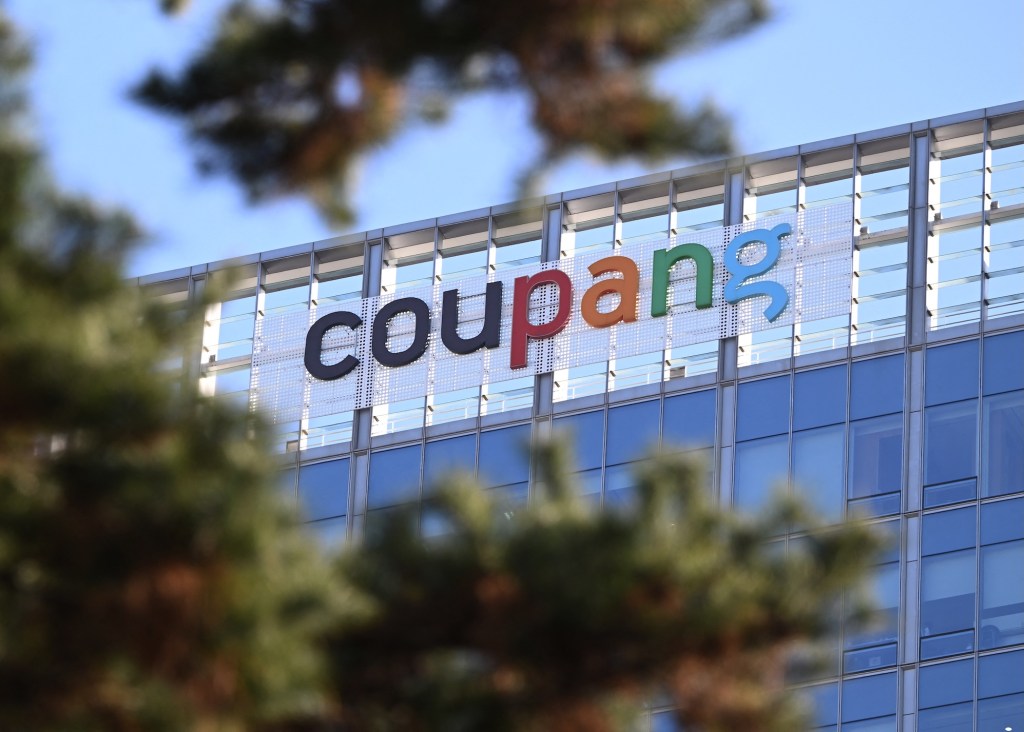On April 7, 2025, Flexport CEO Ryan Petersen faced a pivotal moment as the U.S. government, under President Donald Trump, announced sweeping new tariffs that dramatically altered the landscape of global trade. These changes introduced cumulative tariffs up to 79% on various Chinese imports, including furniture items like sofas. Additionally, the longstanding de minimis rule, which allowed duty-free imports under $800, was revoked, impacting numerous direct-to-consumer shipping models. Furthermore, U.S. ports were confronted with potential fines of up to $1.5 million per port call for vessels constructed in China or those with pending orders from Chinese shipyards.
In response to these abrupt policy shifts, Petersen promptly organized a live-streamed session to address the concerns of over 2,300 clients. During this session, he provided clarity on the new regulations and their implications for businesses reliant on international supply chains. Reflecting on the overwhelming turnout, Petersen remarked, We broke our livestreaming platform. We need to get a better one.
The sudden imposition of tariffs posed existential challenges for many of Flexport’s clients. Companies that had diversified manufacturing to countries like Vietnam found themselves facing unexpected tariffs of 46%. Petersen noted, I expected there to be duties pretty much everywhere, and that is what we saw.
The termination of the de minimis program had far-reaching consequences for e-commerce businesses. Previously, this program allowed imports valued under $800 to enter the U.S. duty-free, benefiting platforms like Temu and Shein, as well as numerous Shopify-based stores utilizing fulfillment centers in Mexico. Petersen highlighted the impact, stating, Over 30% of all the e-commerce brands — the large ones — have set up their fulfillment in Mexico. So that’s all going away, or at least the duty-free aspect of it.
Amidst the turmoil, Petersen emphasized the importance of maintaining composure and providing steady guidance. He personally engaged with approximately 200 clients to navigate the complexities of the new trade environment. Petersen’s proactive approach included publishing a blog post to elucidate the changes, which garnered attention from various stakeholders, including hedge fund managers seeking insights into specific exemptions, such as those for semiconductors.
Flexport’s swift and transparent communication during this period underscored its commitment to supporting clients through unprecedented challenges. By offering clear information and strategic advice, Petersen and his team aimed to help businesses adapt to the rapidly evolving trade policies and mitigate potential disruptions to their operations.



